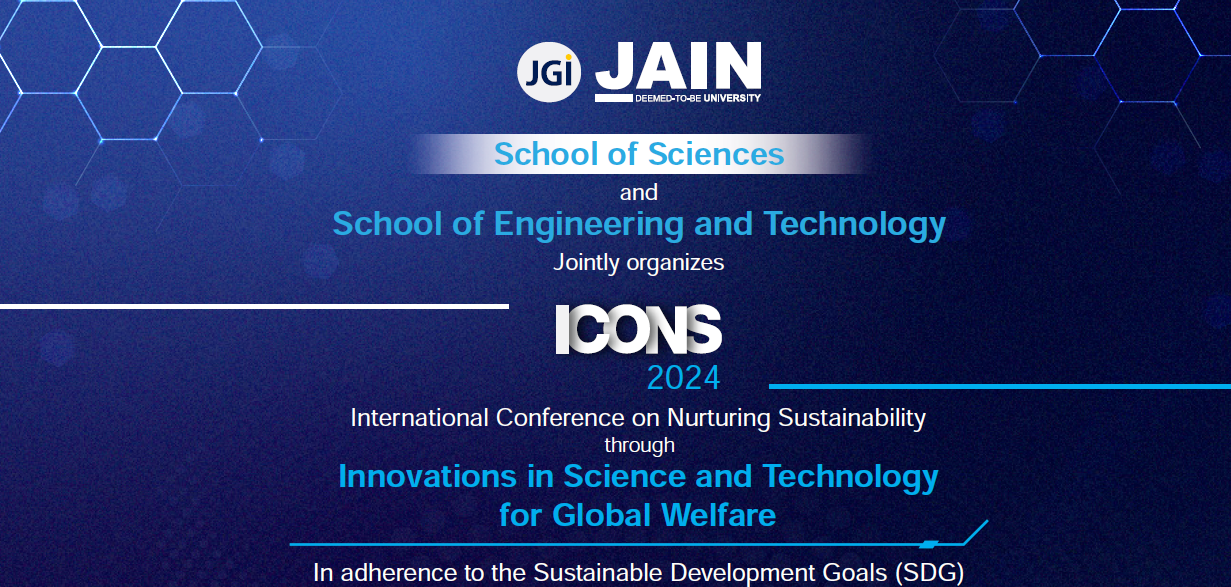Speaker
Description
Nanostructured solar cells and nanowall-based solar cells are crucial advancements in photovoltaics, but understanding temperature impacts is essential for optimizing efficiency, stability, and commercial viability. The paper under consideration investigates the effect of temperature on the efficiency and operational characteristics of nanowall-based CdS/CdTe solar cells using TCAD software Silvaco. The temperature has been varied from 300 K to 350 K, comparing key photovoltaic parameters such as short-circuit current density (Jsc), open-circuit voltage (Voc), fill factor (FF), efficiency (Eff), series resistance (Rs) and shunt resistance (Rsh). It has been observed that as the temperature is increased, there is a slight decrease in Jsc by approximately 0.5 %. Similarly, Voc shows a more significant decline of 10.72 %, FF remains relatively stable with a minor reduction of 0.47 %, indicating minimal impact of temperature on this parameter within the studied range. However, the overall efficiency of the solar cells decreases by 4.82 %, which can be attributed to the reduction in Voc and Jsc. The most notable change is observed in the shunt resistance (Rsh), which decreases by approximately 21.43 %, indicating increased leakage currents at higher temperatures. Conversely, the series resistance (Rs) shows a substantial increase of about 102.81 %, suggesting a significant impact of temperature on the cell's internal resistance. These findings highlight the critical role of temperature management in optimizing the performance of nanowall-based solar cells. The observed degradation in key performance parameters with increasing temperature underscores the need for effective thermal management strategies to maintain high efficiency and reliability in photovoltaic applications.

